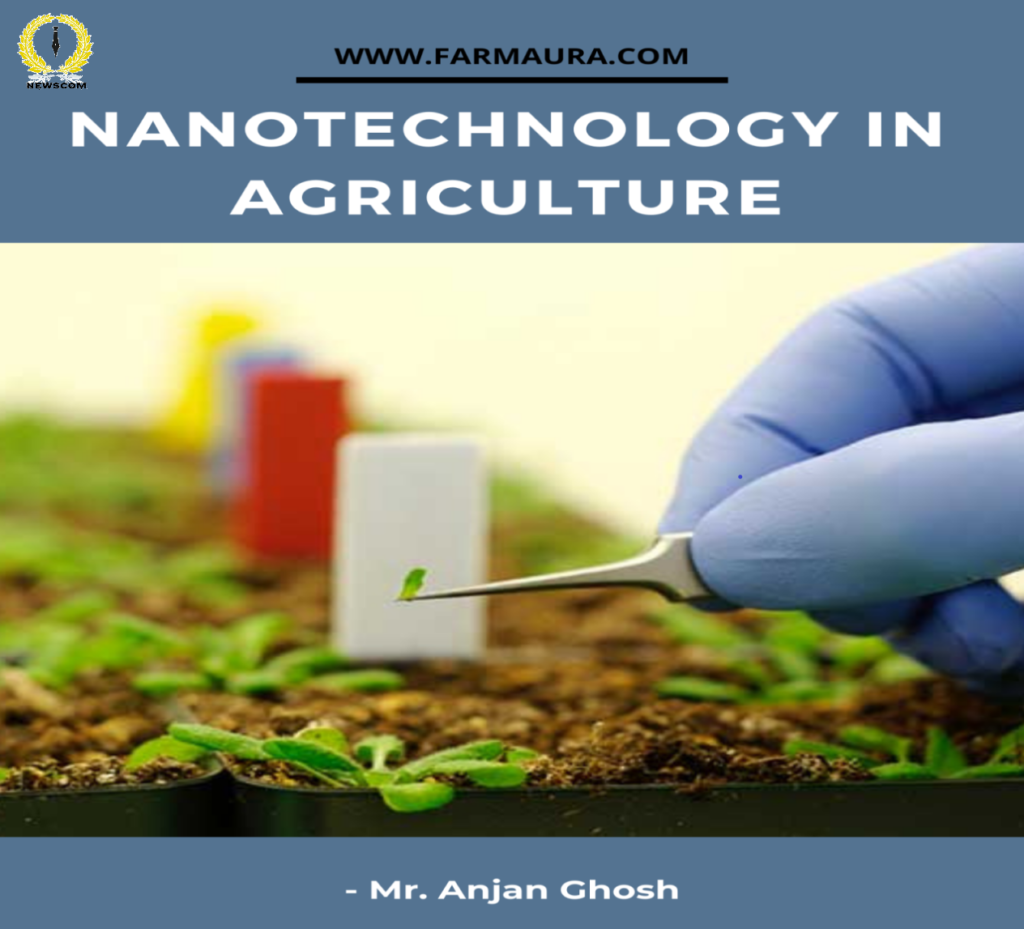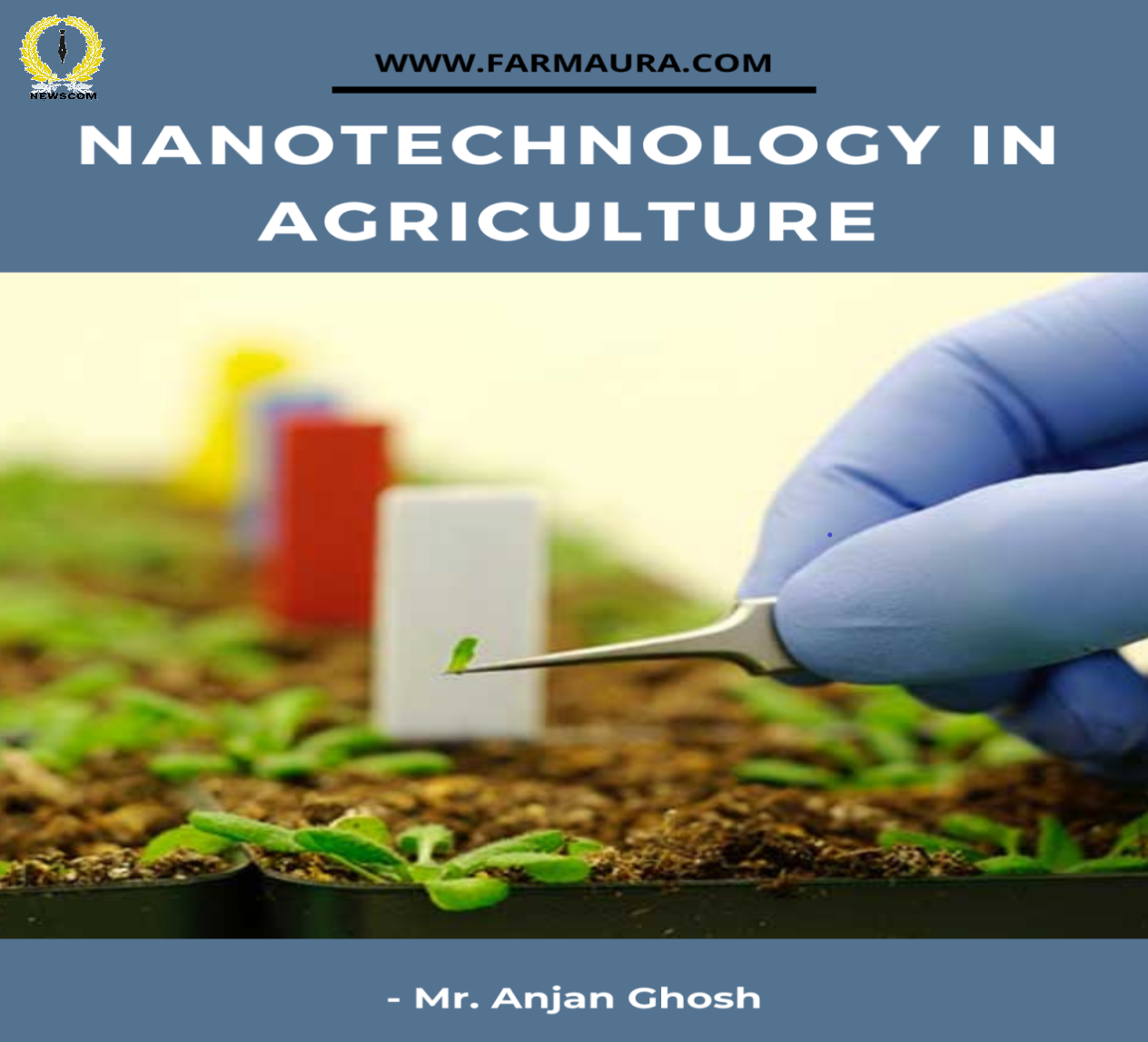
As we all know, the current world population is 7.8 billion which is expected to reach nearly 9.8 billion in 2050 which implies the need for new systems and technology to ensure food security. The world is facing a wide range of challenges in the agriculture sector like decrease in arable land due to rapid urbanization, low nutrient use efficiency, decrease in organic matter, etc. Nanotechnology can revolutionize agriculture with new tools for disease detection and their treatments and by enhancing the ability of plants to absorb nutrients.
Agriculture is the most important sector of the Indian economy and more than half of the population depends on it for their livelihood. In agriculture, nanotechnology derived products are being tested for various applications such as nanoscale fertilizer, nanoscale pesticide, nanoscale sensors for sensing nutrients, agronomic fortifications, water purification, and target delivery of nutrients. Nanotechnology operates at a scale of 100nm or less and it helps to reduce environmental pollution by the production of chemical fertilizers and pesticides by using nanocapsules and nanoparticles.
Advantages of the Nano fertilizers are:
- A slow but consistent delivery of nutrients to plants increases crop growth.
- Nano fertilizers are required in small amounts thus reduce the cost of field application.
- Accumulation of salt in soil can be minimized as it is required in a small amount.
- Facilitate the crop plants to fight various biotic and abiotic stresses by providing balanced nutrition.
- Increases the bioavailability of nutrients due to its miniature size, high specific surface area, and high reactivity.
Precision farming and Sustainable agriculture are the future and the application of nanotechnology in precision farming is huge. Nanosensors are used in a monitoring system in crop development and soil condition, assessing soil and plant nutrient status, detecting a pathogen in crops, etc. Some of the nanoparticles that are used for controlling plant diseases are nanoforms of silver, silica, carbon, and alumina- silicates. Nanosilver has strong inhibitory and bactericidal effects and it is the most utilized nanoparticle for the biosystem. Nowadays many chemical companies are formulating efficient pesticides at the nanoscale.
Nanotechnology plays a very important role not only in agriculture but also in food processing and packaging, environmental remediation, food security and water purification, crop improvement, and plant protection. It has the potential of precise and target delivery of agrochemicals for plant growth and nutrient use. Nano encapsulated products have the capacity for more effective and site-specific use of pesticides and fertilizers in an eco-friendly way. At the commercial level, its use is limited, and more research work needs to be done concerning its synthesis, risk associated with human health, toxicity, and its effective application at the field level.




